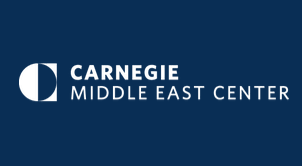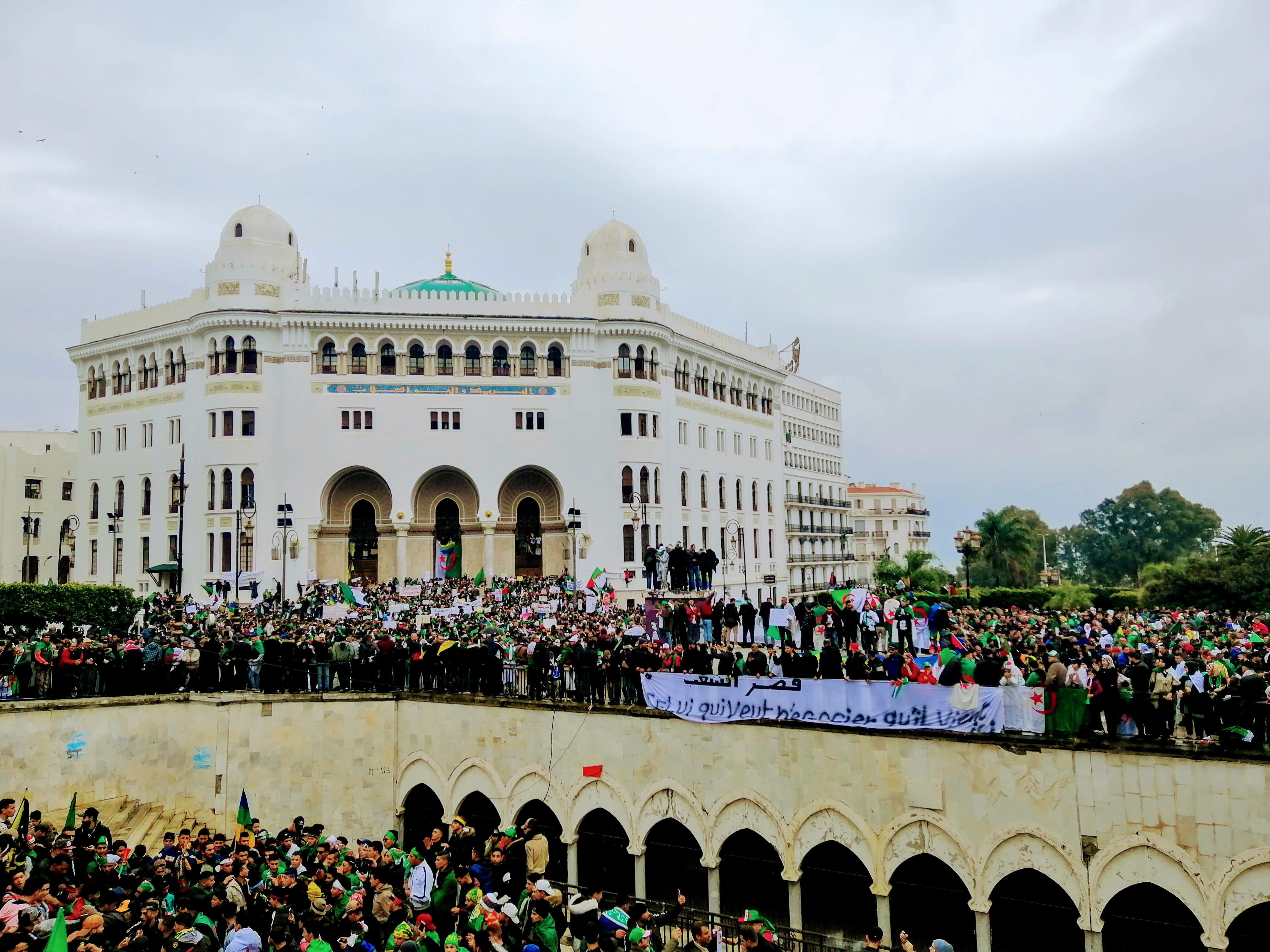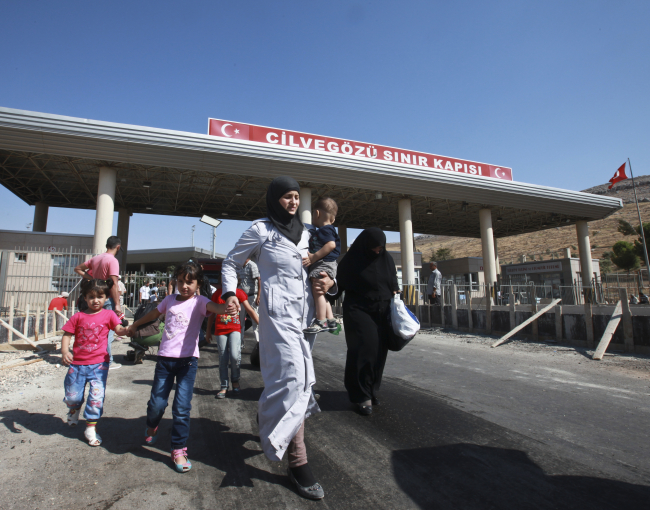The Shifting Foundations of Political Islam in Algeria

Understanding Algeria’s various Islamist communities—including militant groups, moderate factions, and grassroots movements—offers a window into the country’s uncertain sociopolitical future.

Starting in February 2019, thousands and later millions of Algerians took to the streets to voice their displeasure with their ailing eighty-two-year-old president, Abdelaziz Bouteflika, who sought to run for what would have been a fifth term. After weeks of peaceful and orderly mass protests, the long-standing president resigned in April 2019, before a new election could be held. As this new “battle of Algiers” continues to unfold, some Algerian and European observers have warned that Islamists will try to infiltrate the movement. Their fear is that Islamists may seek to recreate the conditions that prevailed in the 1990s when the Islamic Salvation Front (FIS) exploited the country’s 1989 democratic opening to call for the establishment of an Islamic state; jihadi violence erupted after the military interrupted the electoral process in 1991, and the country descended into a decade-long civil war (1991–2001).

Available in:
Regions and themes
Share
Download the full analysis
This page contains only a summary of our work. If you would like to have access to all the information from our research on the subject, you can download the full version in PDF format.
The Shifting Foundations of Political Islam in Algeria
Related centers and programs
Discover our other research centers and programsFind out more
Discover all our analysesRussia, the Palestinians and Gaza: Adjustments after October 7th
The Soviet Union (USSR), and subsequently the Russian Federation as its internationally recognized legal successor, has consistently sought to play a visible role in efforts to resolve the Israeli-Palestinian conflict.
Canada’s Recognition of a Palestinian State: What Consequences on its Foreign Policy Toward Palestine?
On September 21, 2025, Canada became the 148th of 157 countries to recognize Palestine as a state. It did this with the United Kingdom (UK) and Australia, defying the United States (US) and Israeli opposition.
How to Jumpstart Economic Recovery in Syria? The role of syrian entrepreneurs in Turkey
This report examines the potential role of Syrian-partnered companies operating in Türkiye in supporting economic recovery and reconstruction efforts in Syria. Based on data collected through field research and surveys conducted by the Economic Policy Research Foundation of Türkiye (TEPAV), the report provides an overview of the business characteristics, sectoral distribution, and cross-border economic activities of Syrian entrepreneurs. The report explores how this business activity could contribute to restoring supply chains, stimulating local production, and generating employment.
Indonesia and the Palestinian Cause
During his inaugural presidential speech on October 20, 2024, Indonesia’s incumbent president, Prabowo Subianto, iterated certain principles central to the philosophical foundation of the Indonesian nation. He noted Indonesia’s longstanding foreign policy of non-alignment or “bebas dan aktif” (free and active) and its aversion to military pacts.










